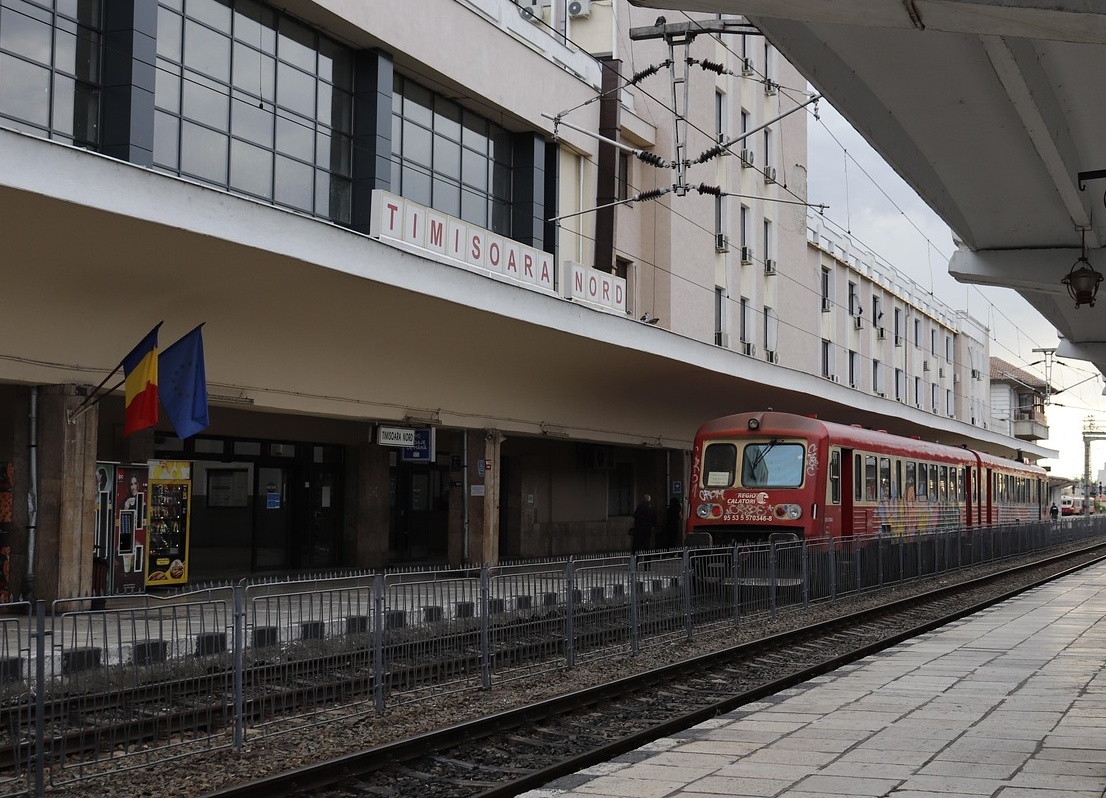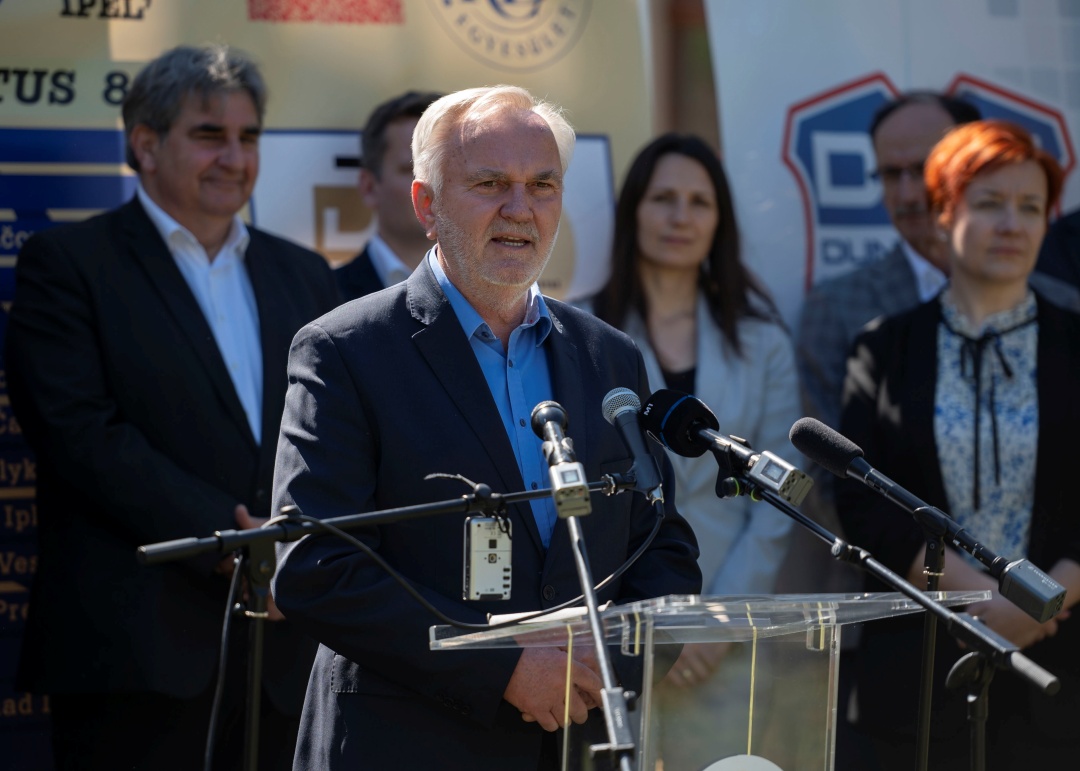
Even though Romania joined the EU's Schengen area, people traveling by train still have to wait at Romanian-Hungarian rail border crossings.Continue reading

The members of the Hungarian Parliament’s Committee on National Cohesion visited Oradea (Nagyvárad near Hungarian-Romanian border) to learn about the situation of the Hungarian community in Bihor County (Bihar Megye), reported Maszol.
In an unusual practice, this committee visits cross-border communities during every legislative cycle. Following their visit to Salonta (Nagyszalonta, near the border) in 2012, they have now returned to Bihor County, but this time they held an extensive consultation in Oradea on Monday, without having to wait for checks at the border crossing. Károly Pánczél, the president of the Committee on National Cohesion, emphasized that another border had been broken down between the nations. He stated that
Romania’s Schengen accession was a tangible achievement of Hungary’s EU presidency.
Pánczél mentioned that the meeting painted a clear picture of the life of Hungarians in Bihor, with local representatives sharing positive news and thanking Hungary for its support. However, he emphasized that they do not owe gratitude for this support, as it is the Hungarian government’s duty. He noted that while no surprising new information came up, “challenges” were also discussed, including the constant struggle they face.
“It would be nice if we did not have to fight and if the majority nation (Romanians) realized that the indigenous minority is a treasure,” he said, adding that
there are well-functioning schools and civil organizations, and they continue working to build stronger trusting relationships, because being on good terms leads to social peace and economic development.
Pánczél also spoke about the fact that the locals had made several suggestions, including increased support for minority programs, after-school activities, and the high demand for printed press from the people of Bihor.
The meeting was also attended by Traján Kreszta, the spokesperson for the Romanian minority in Hungary, who stated at the press conference that it is good to be Romanian in Hungary. Since the transfer of Romanian educational institutions from local governments to the national Romanian government, the education system has greatly improved. Teachers now receive bonuses, and while initially teachers were “certified” from Romania, nowadays they are also trained at Hungarian universities and colleges.
They have had a partnership agreement with Arad State University for years, which provides accredited training for Romanian language teachers in Hungarian schools. This is an 80-hour training program, with 40 theoretical hours held in Gyula (eastern Hungary) and 40 practical hours in schools in Arad (western Romania). The quality of education has improved significantly, leading to a sharp increase in student numbers, and many can now continue their studies at universities in Romania. She stated that
more and more people are moving to Hungary because they can provide quality education. Those who migrate, integrate into the local community, contributing to its survival and keeping traditions alive.
Kreszta mentioned in response to our inquiry that it is her intention to act as a bridge between the two countries. She has lobbied, among other things, for Romania’s Schengen accession and the opening of new border crossings.
Ödön Szabó, the Democratic Alliance of Hungarians in Romania (RMDSZ) parliamentary representative, stated that they also made specific requests to the committee. They are not asking for the financing of large projects, but for the support of the necessary planning documentation for these projects. This is essential, as only with the documentation can the actual implementation take place.
They followed a similar approach for the renovation of the Ady Endre High School and the Arts High School in Oradea. Hungary supported the planning documentation, while the Romanian government and EU funds provided the money for the implementation. He also mentioned that
there is a lack of experiences for the youth in the form of camps, as there is no institutional framework for organizing these.
Furthermore, the desire to revive the Szabadság Festival, which had become popular before the COVID-19 pandemic, was also expressed.
Via Maszol; Featured picture: MTI/Bodnár Boglárka